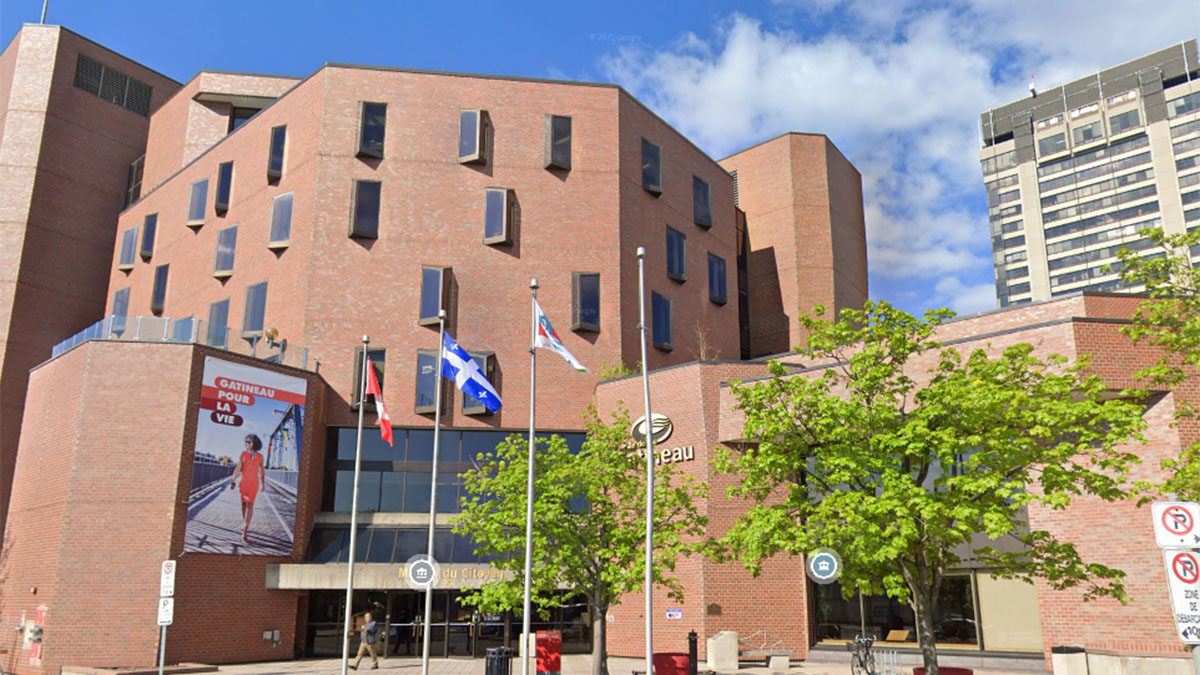Concerns surrounding diversity and equity in politics are rising, particularly since the resignation of France Bélisle, the former mayor of Gatineau, who said she had received frequent personal attacks and even death threats during her short time in office.
Laura Stephenson, professor and graduate chair of Western University’s department of political science, said women already hesitate more than men when putting their name forward for public office.

“As a woman, you already have to endure stereotypes but now, adding death threats and toxicity is crazy,” said Stephenson. “It will certainly deter women from putting their names forward.”
Stephenson said none of this is because of a lack of ambition. Instead, she said it’s a matter of self-preservation.
In the wake Bélisle’s announcement, several Quebec municipalities have called for an investigation into the toxicity of local politics.
Bélisle, who was elected in 2021 as Gatineau’s first female mayor, said that the cause for her early resignation was to preserve her health and integrity after enduring harassment and death threats.
Longueuil Mayor Catherine Fournier published an open letter in La Presse calling for elected officials to take a look inward and insisted that things need to change.
“Are hurtful comments pleasant to receive on social media? Certainly not. Is it challenging to deal with threats from aggressive citizens? Absolutely yes. Under police protection since September, I am well-positioned to speak about it,” Fournier wrote in French.
Chi Nguyen, executive director of Equal Voice, said this is an all too familiar of a story for elected officials, particularly female ones. Equal Voice is dedicated to promoting the inclusion of more women to all levels of government.
“We need to have a really important public conversation about how we support female political figures and that’s across the party lines and all levels of government,” said Nguyen.
“The physical, virtual and verbal threats are something no one should have to experience in the workplace and certainly do not create the right working conditions for anybody.”
“There’s a proper way to have good public dialogue but hurling death threats to the point that the job is untenable is not the way to reach those goals,” said Nguyen.
Social media as a game changer
While the political sphere is slowly diversifying, elected officials are facing higher levels of harassment, a report from the Quebec Federation of Municipalities (FQM) shows.
The report says almost 40 per cent of councillors in Quebec are women. In the survey of 615 representatives, 40 per cent of respondents reported having experienced harassment at least once in their political careers.
Another report also found widespread abuse directed at Canadian political candidates. The SAMbot project, produced in June 2023 by the Smara Centre for Democracy, tracked online abuse in municipal elections during 2022 and evaluated more than 465,000 tweets received by city council, school board and park board candidates on X.
“Across eight elections, we found more than 86,000 abusive tweets,” report concluded.
In Ottawa, Ottawa-Carleton District School Board trustee Nili Kaplan-Myrth received the largest number of abusive tweets, almost 22,000, followed by mayoral candidate and former city councillor Catherine McKenney, at almost 18,000. Her opponent for Ottawa mayor, Mark Sutcliffe, received just more than 4,000 abusive tweets.
Nguyen believes this trajectory of psychological harassment online and in the workplace will lead to fewer women and minorities to run for office.
“I think what the implications of this are, is that young people looking at the political system pause about how to engage with it and whether or not it’s worth it,” said Nguyen.
“Politics has come a long way,” said Orléans South-Navan Coun. Catherine Kitts. “There’s a concerted effort to make sure that there’s gender equity on committee and boards, but we haven’t come all the way.”
Kitts said she’s taken precautionary measures to avoid abuse such as setting up an automatic DM that redirects people to her office.
“There’s a toxicity to politics in general, and social media plays a big part of that, ” she said. “I spend way less time on X than I used to because it can be relentless.”




